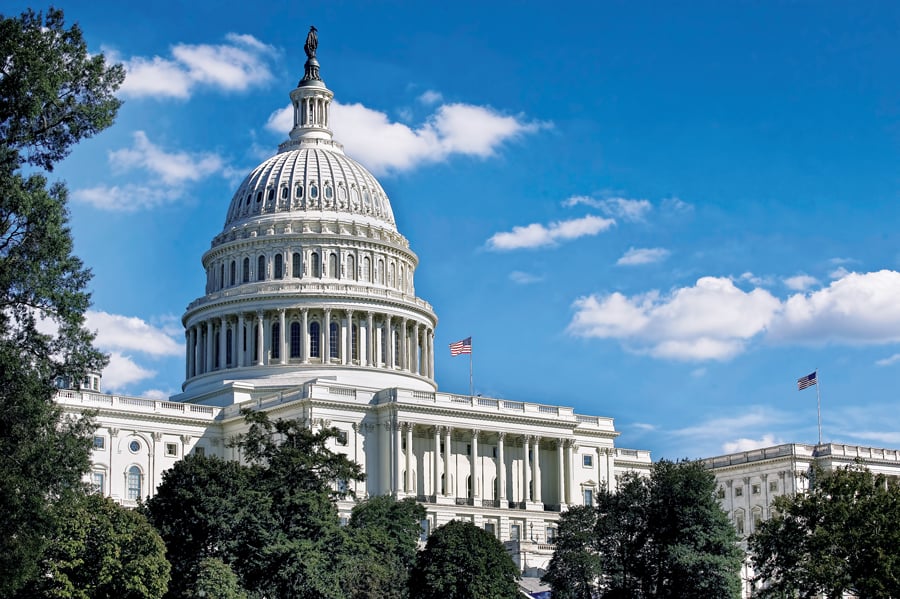

A House committee has advanced a resolution to repeal a contentious Biden administration rule that sets stricter criteria for businesses classifying workers as independent contractors rather than employees.
The House Committee on Education and Workforce passed the measure Thursday on a 21-13 vote, paving the way for a full House consideration, Reuters reported.
The legislation, initially introduced in the Senate by Sen. Bill Cassidy, R-La., challenges a Department of Labor rule implemented March 11 that has been met with opposition from various industries that rely on freelance and contract labor, including independent financial advisors.
The DOL rule introduces a comprehensive six-factor test for determining worker status, focusing on elements such as the degree of company control over the worker and the job's permanence. This approach aims to replace a prior regulation under the Trump administration, which emphasized control and the worker's profit or loss potential as the primary criteria for classification.
But according to opponents, it creates a fog of uncertainty for workers and professionals who want to operate as independent contractors. That was the crux of a lawsuit filed earlier this month by a coalition of associations that included the Financial Services Institute.
“Independent financial advisors choose to be independent so that they can operate their own businesses and better serve their clients,” Dale Brown, president and CEO of FSI, said in a statement at the time. “Our members should not have to risk losing their independent contractor status because, for example, they are complying with federal and state securities rules.”
Despite its potential passage through Congress, the House measure to repeal the rule faces a steep hurdle in avoiding a veto from President Joe Biden, with Republicans unlikely to secure the two-thirds majority required for such an override.
The push for repeal has garnered support from various quarters, including the National Association of Insurance and Financial Advisors.
In an emailed statement, NAIFA CEO Kevin Mayeux hailed the committee's decision as a positive step toward “[removing] the ambiguity and unpredictability resulting from the final rule” and “[preserving] the ability of our members to choose to operate as independent contractors.”
“The majority of NAIFA’s members – insurance producers, broker dealer representatives, and/or independent registered investment advisors – are independent contractors who help generate economic growth and financial security to the local communities they serve across the nation,” Mayeux said.

A Texas-based bank selects Raymond James for a $605 million program, while an OSJ with Osaic lures a storied institution in Ohio from LPL.

The Treasury Secretary's suggestion that Trump Savings Accounts could be used as a "backdoor" drew sharp criticisms from AARP and Democratic lawmakers.

Changes in legislation or additional laws historically have created opportunities for the alternative investment marketplace to expand.

Wealth managers highlight strategies for clients trying to retire before 65 without running out of money.

Shares of the online brokerage jumped as it reported a surge in trading, counting crypto transactions, though analysts remained largely unmoved.
Orion's Tom Wilson on delivering coordinated, high-touch service in a world where returns alone no longer set you apart.
Barely a decade old, registered index-linked annuities have quickly surged in popularity, thanks to their unique blend of protection and growth potential—an appealing option for investors looking to chart a steadier course through today's choppy market waters, says Myles Lambert, Brighthouse Financial.
